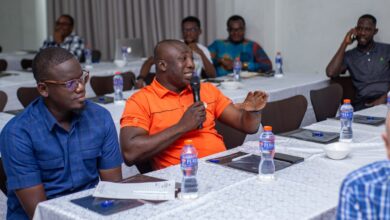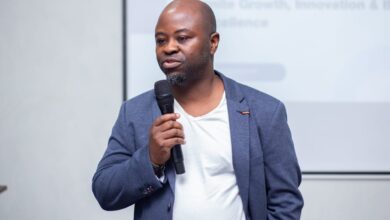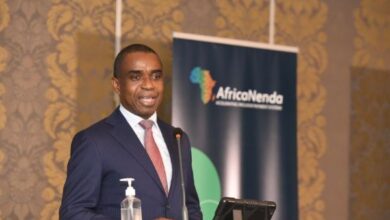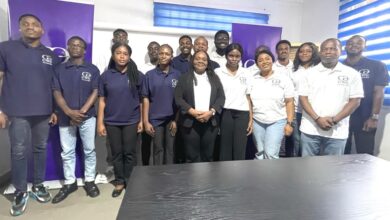Infrastructure Key to Africa’s Digital Sovereignty — Government

Africa cannot achieve digital sovereignty without first building strong physical and social infrastructure, Deputy Presidential Spokesperson Shamima Muslim has said. Representing the Chief of Staff at the MOBEX Africa Tech and Innovation Awards in Accra, she stressed that digital transformation must be grounded in development fundamentals such as roads, ports, rail networks, broadband connectivity, education, and healthcare.
“No take-off is possible without the right infrastructure,” she said. “If we do not have the roads, the railways, the ports, the classrooms and the clinics, how do we begin to speak about digital sovereignty?”
The ceremony marked the close of the three-day MOBEX Africa conference, which gathered policymakers, technology firms, global investors and innovators to reflect on Africa’s digital identity and long-term technological independence.
Shamima Muslim drew comparisons to Asian economies that rapidly industrialised through deliberate infrastructure investment and state-led technology development. She said Ghana and other African countries must follow a similar path by prioritizing long-term development planning and coordinated investment across sectors.
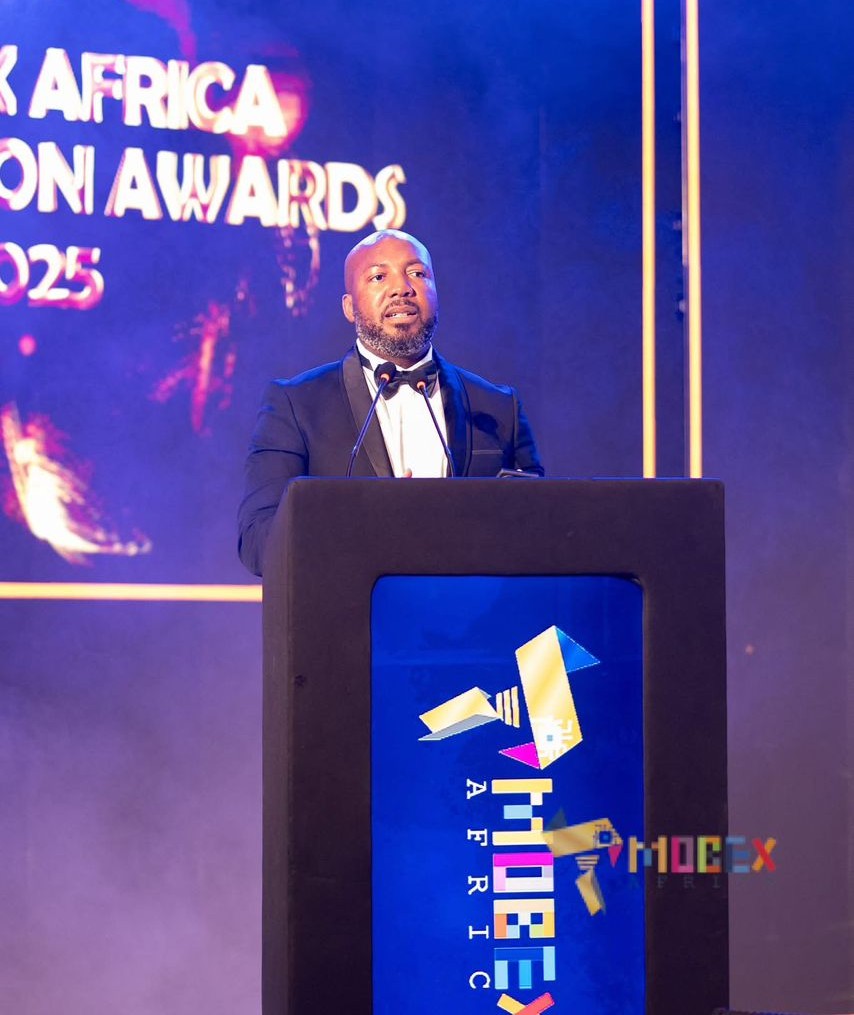
MOBEX Africa CEO George Spencer Quaye reinforced the point, urging African innovators to move from consumption to ownership of their digital systems.
“Africa can no longer afford to be a spectator in the digital arena,” he said. “We must be the architects and owners of our digital future.”
He noted that the growth of local innovation networks and tech entrepreneurship over the past decade shows Africa has the talent necessary to lead its digital development, but scaling progress requires dependable infrastructure.
Government, according to Shamima Muslim, is demonstrating commitment through initiatives such as the Ghana Infrastructure Plan and the expansion of regional transport corridors. However, she emphasized that sustained progress will depend on collaboration between government, the private sector, investors, universities, and development partners.
The conference closed with a call for Africa to invest in broadband access, manufacturing and technology hubs, technical education, and long-term infrastructure planning to support digital growth.
“Africa’s digital independence will not be handed to us,” she said. “It must be deliberately built.”

